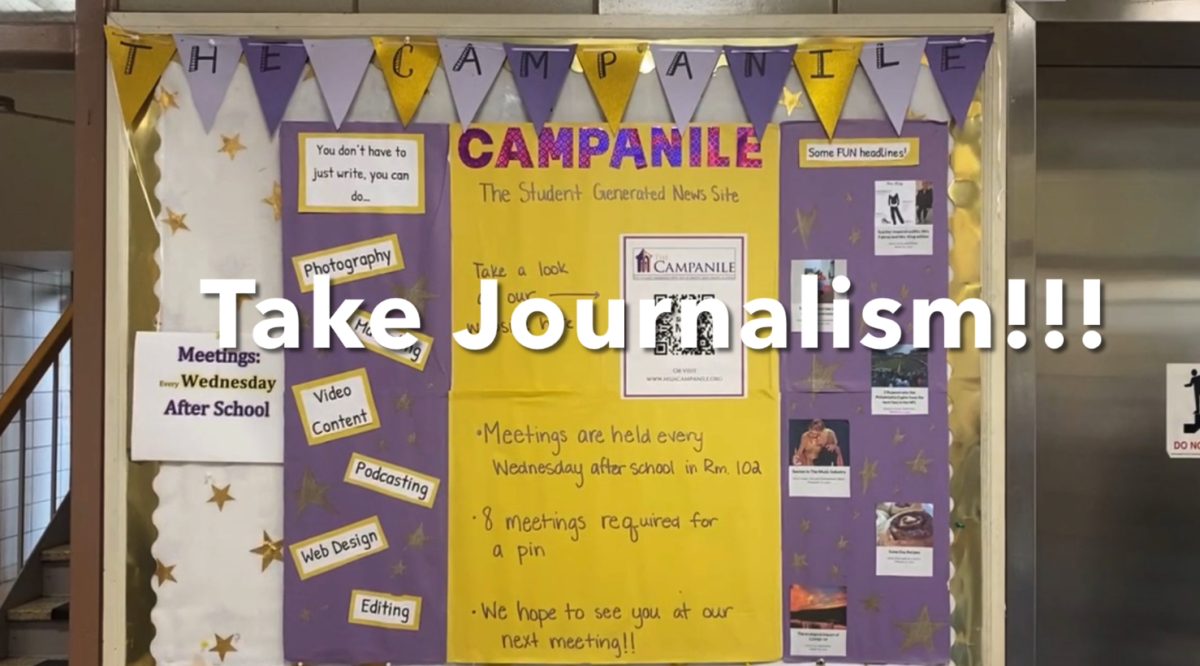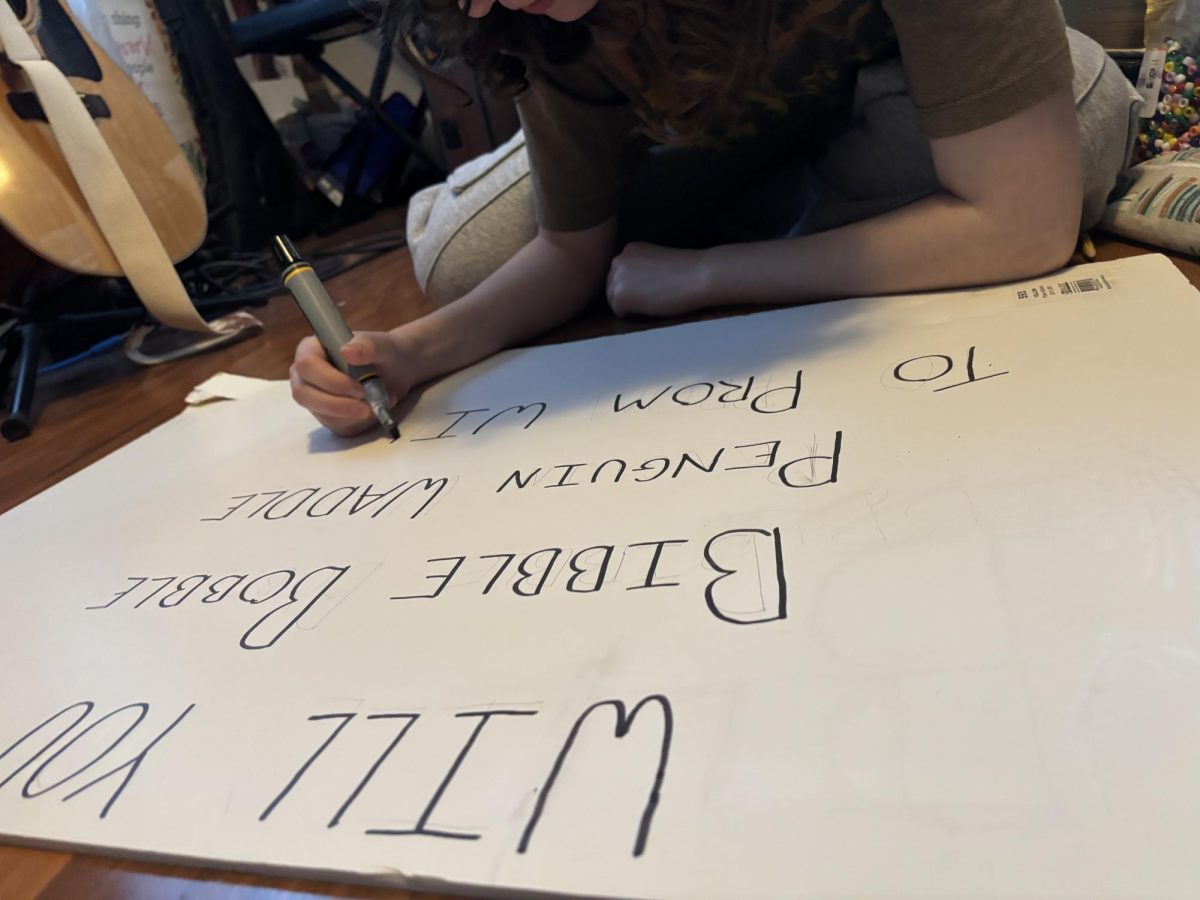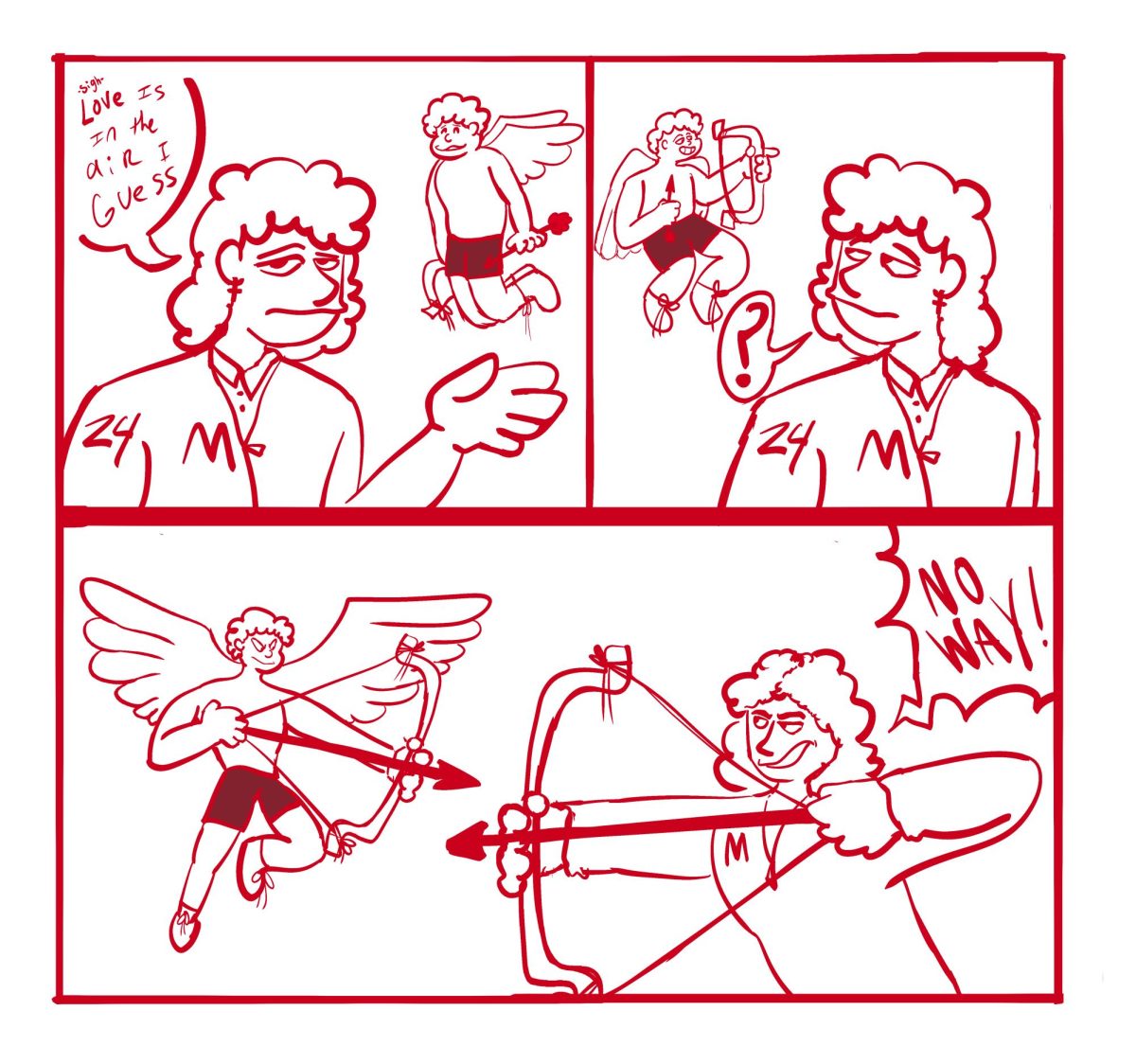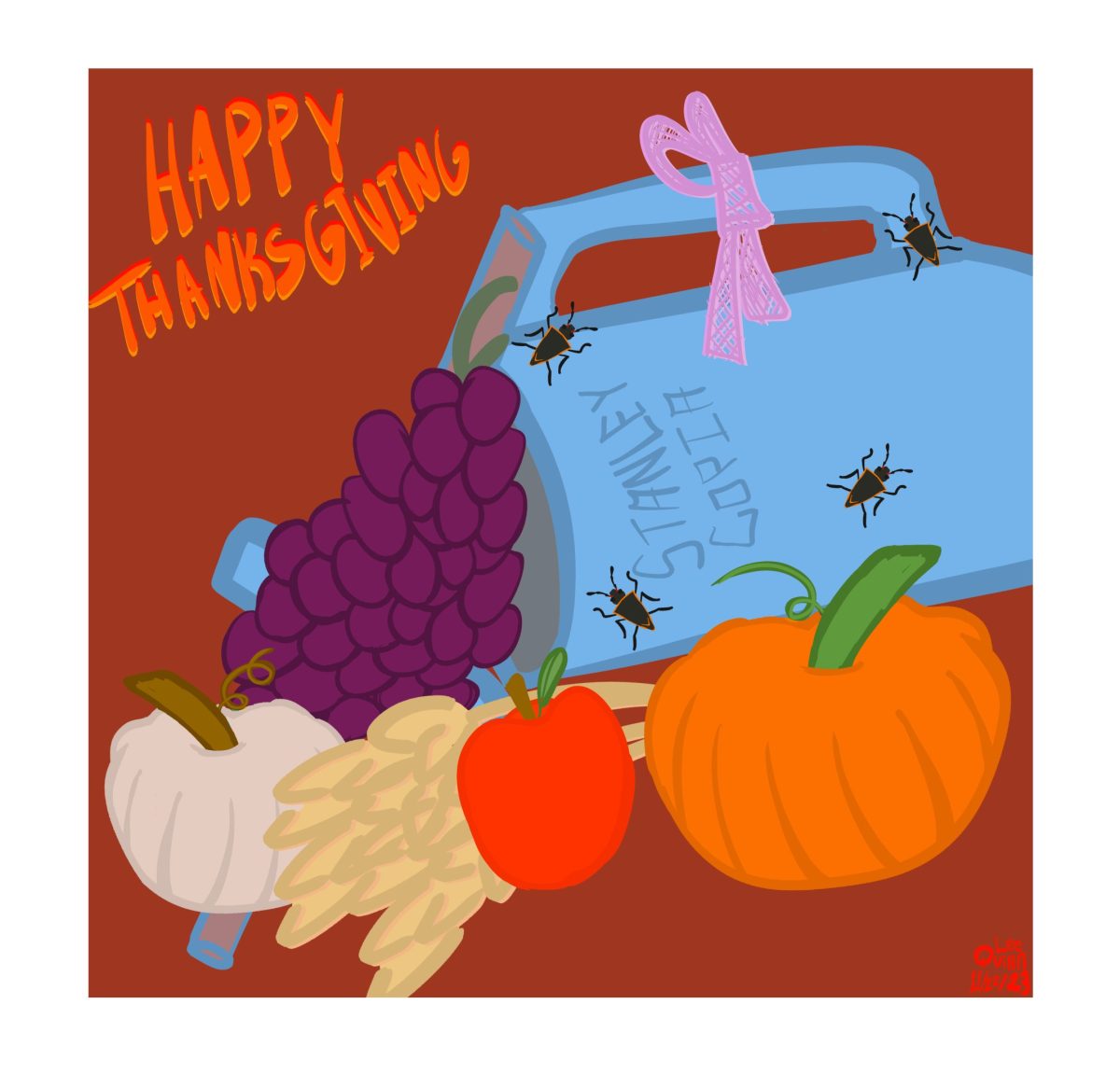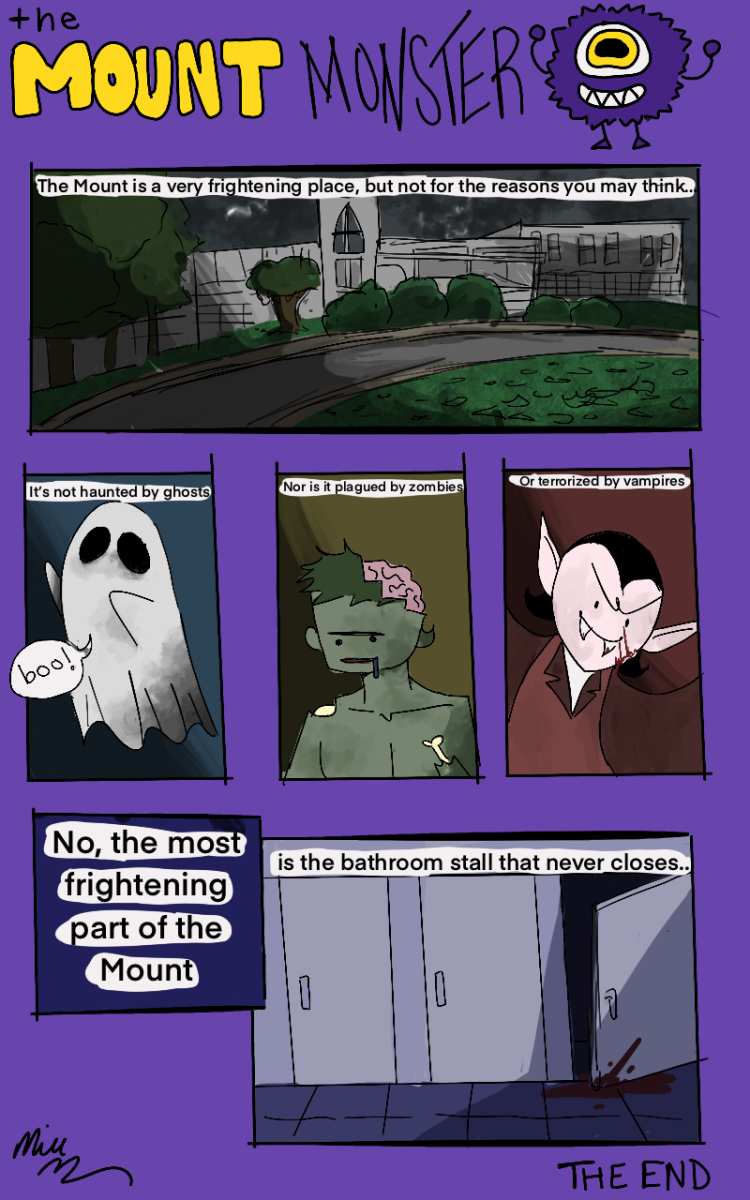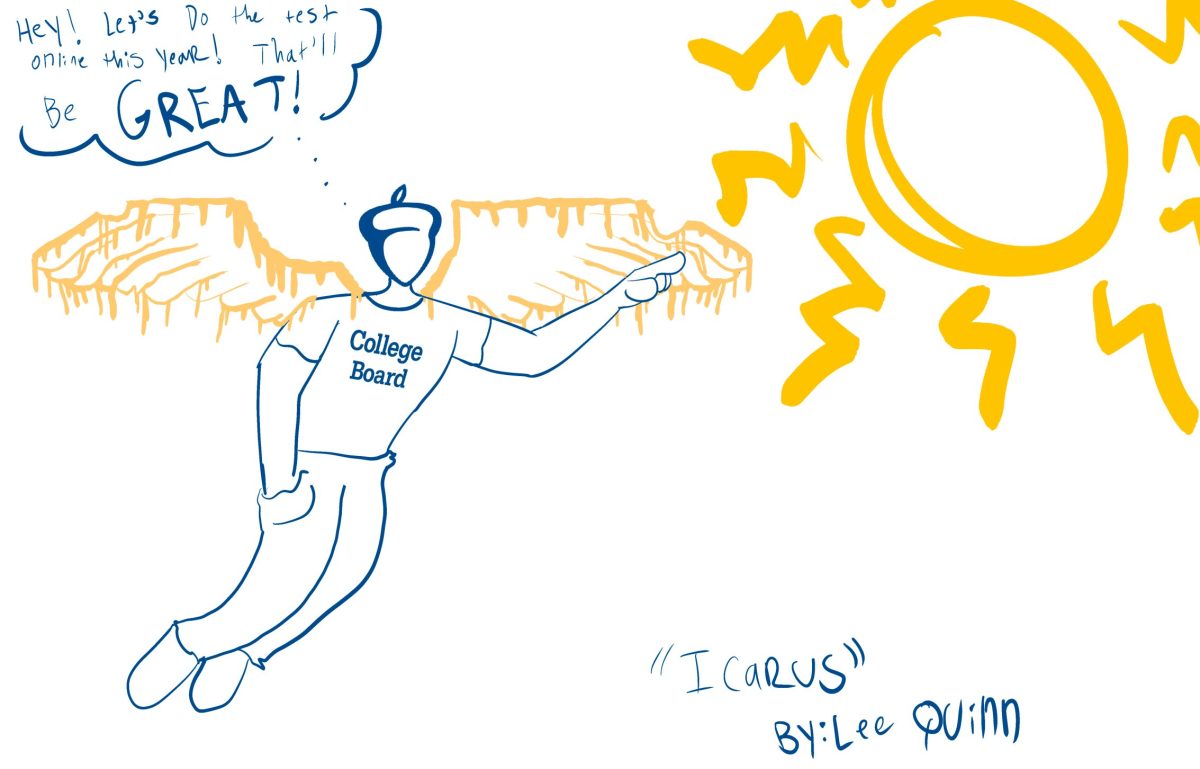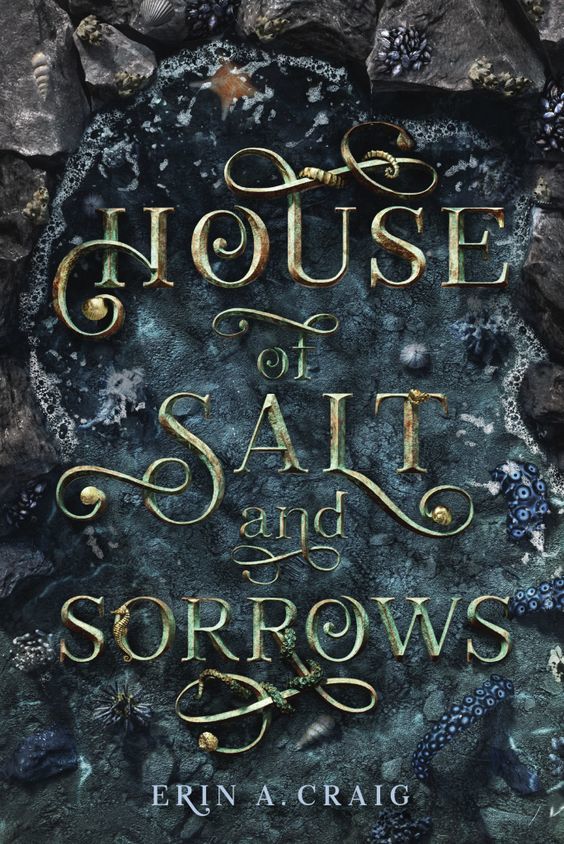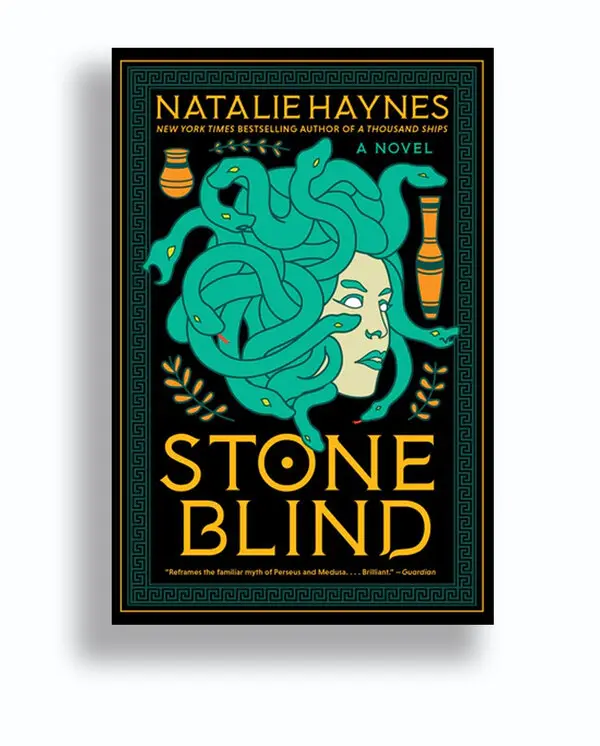Bookmarked!: MARCH
March 9, 2023
Hello again!
For our second month of Bookmarked!, we decided on reviewing a mythology book called Stone Blind by Natalie Haynes.
—————————————————————————————————————————————————————————————
Aaand the reviews are in! They are below. Thanks so much for tuning in and happy reading!
Stone Blind by Natalie Haynes retells the story of Perseus, the hero who slayed Medusa the Gorgon, saved the Ethiopian princess Andromeda, and completed his destiny as ordained by the gods of Olympus. This fiercely feminist tale spins the myth on its head by retelling the story from many different perspectives and by weaving other ancient myths into its storyline. The story of Métis, Zeus’ first wife, and subsequently Athena’s birth, the battle between the Titans’ uprising and the gods of Olympus, the myth of Danae, Perseus’ mother, and Hephaestus’ botched marriage proposal are all parts of the story, interwoven in such a way that instead of appearing awkward, Haynes creates a cohesive storyline that makes sense, although the POV’s switching every chapter make it a bit confusing at times. Haynes’ language as spoken through her characters is harshly critical of Perseus, at times calling him “weak”, “foolish”, and “piteous”, which somewhat detracted from the storyline. Such bias was shocking to read. At other parts the storytelling was vibrant and unique, as seen in one notable chapter when the snakes who live(d) on Medusa’s head speak to one another. Overall, Stone Blind is an enjoyable, although sometimes shocking, read that I would definitely recommend.
— Sine Thompson, ‘24
Stone Blind is a retelling of the Greek myth of Medusa, describing Medusa not as the monster we all remember, but as a teenage girl who was a victim of rape. If you are unfamiliar with the myth of Medusa, it’s essentially the origin story of the hero and demigod Perseus. Medusa is born as a mortal and lives with her Gorgon sisters Stheno and Euryale, who happen to be the best characters in the book. Posieon takes a liking to her and rapes her at Athena’s temple. Athena is outraged and turns Medusa much more monstrous. Before Medusa can take in her first misfortune, the son of Zeus, Perseusss embarks on a journey for her head.
Natalie Haynes does an excellent job of humanizing the characters that are usually portrayed as monsters. Throughout the book the “monsters” question why the men think that they are monsters. The way she accomplishes this is through a super unique narrator, but I can’t say more than that! But honestly, Haynes doesn’t do a great job providing context for things, so I would suggest this book to people who have a good understanding of Greek mythology to begin with.
— Emma Meng, ‘26












